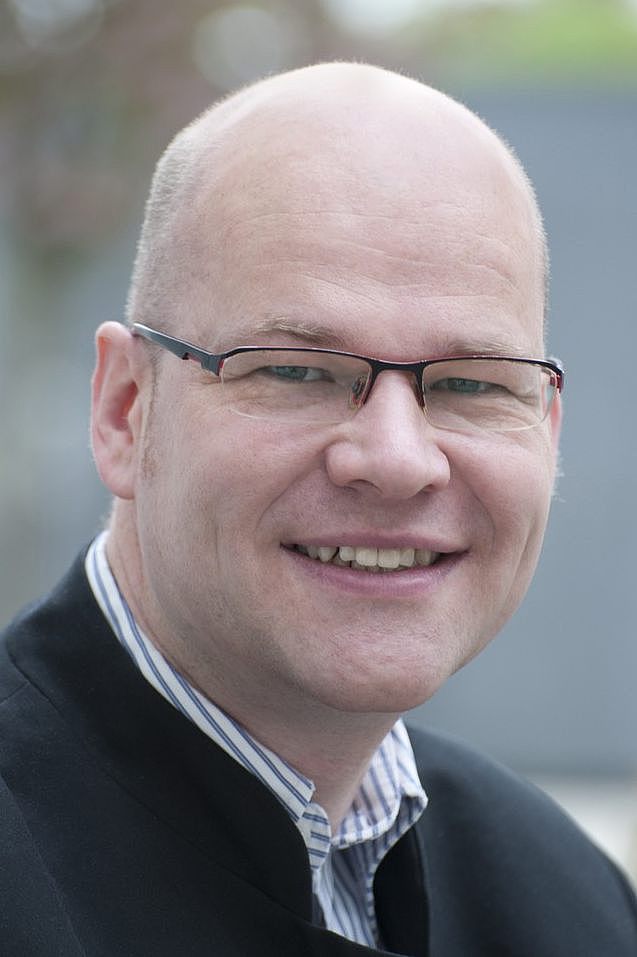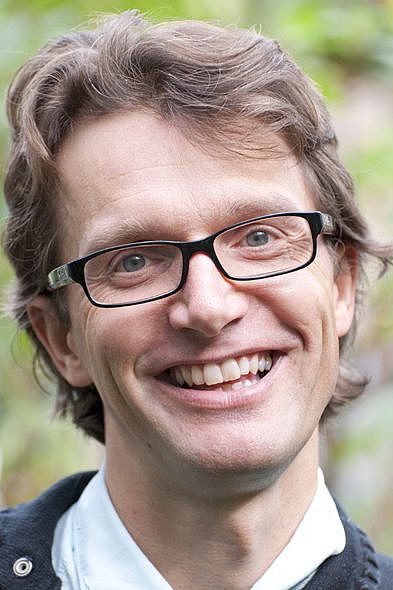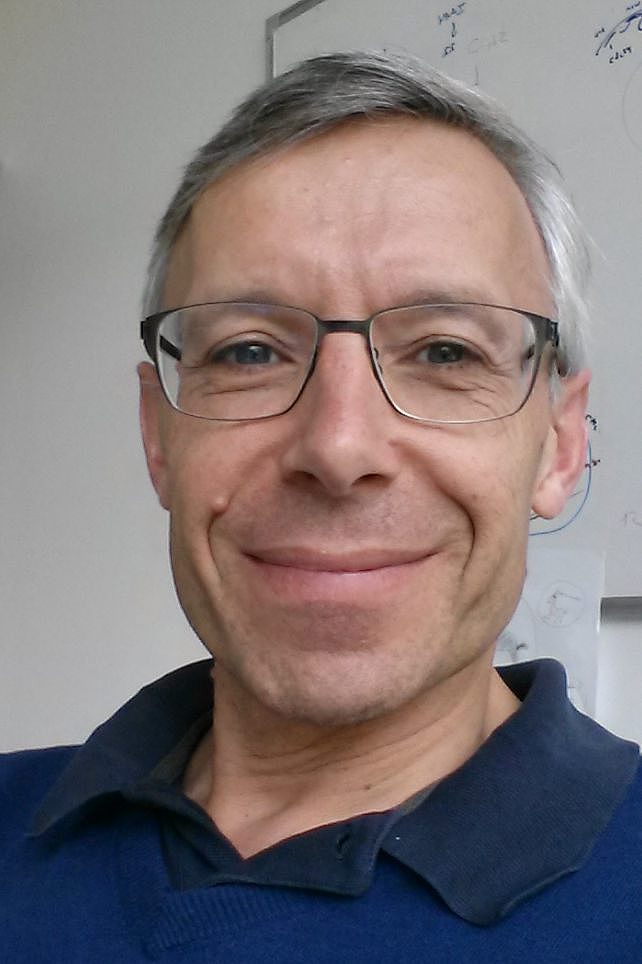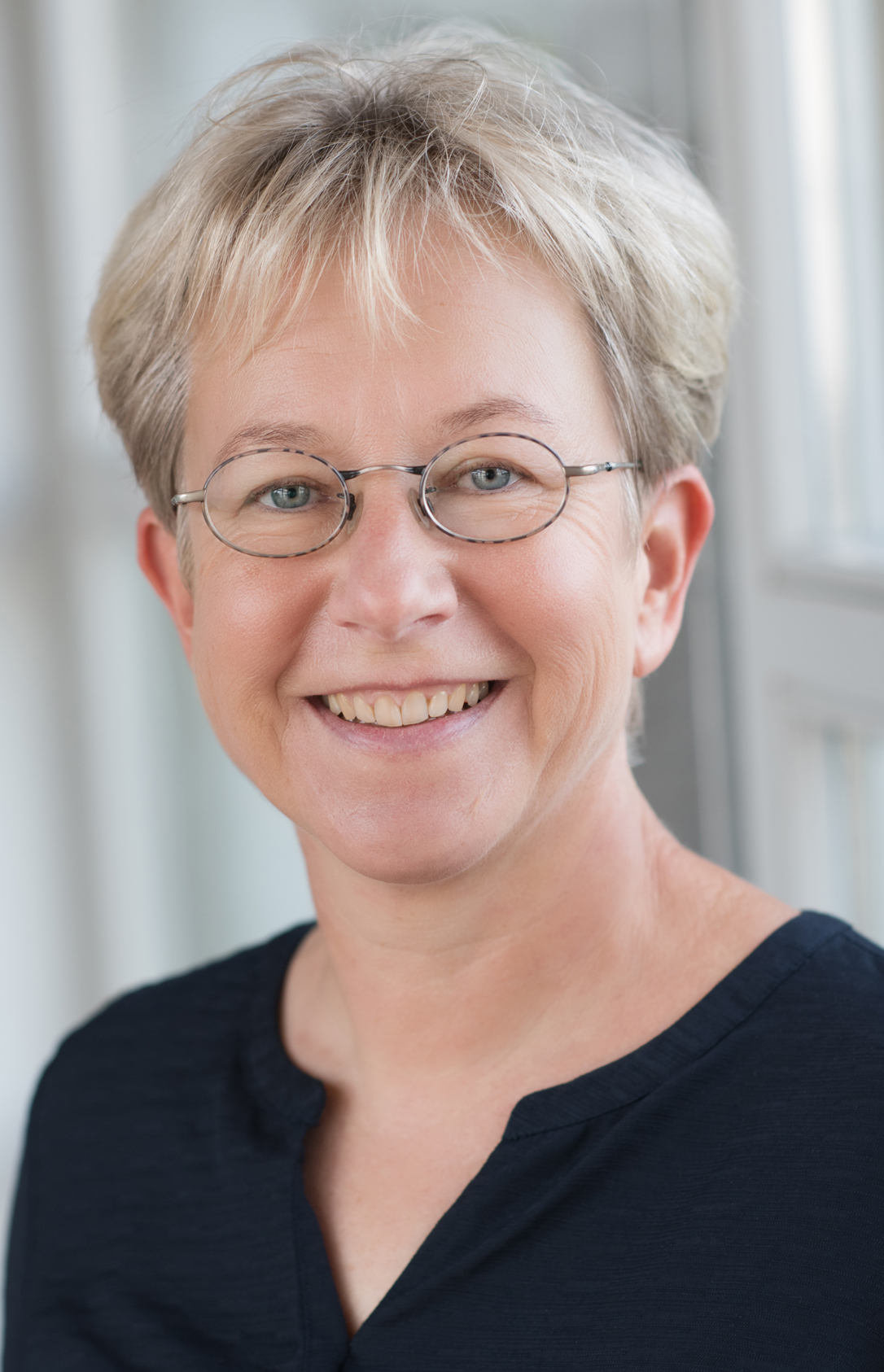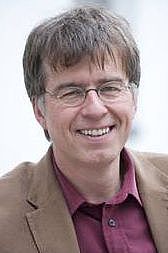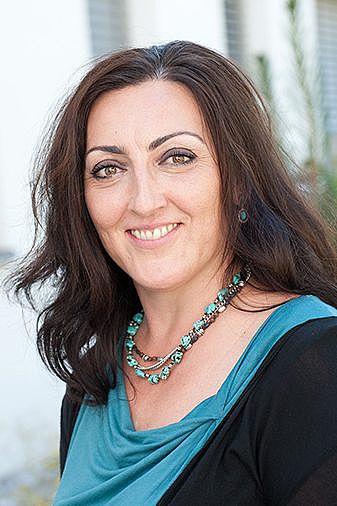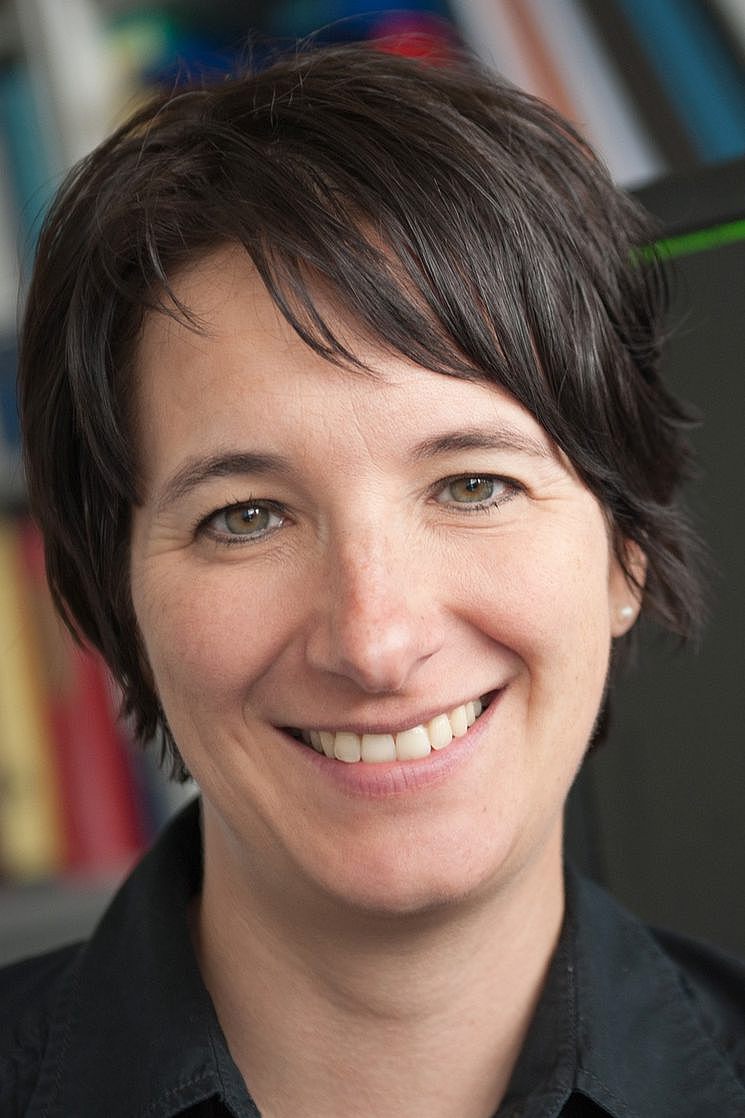Ulm University and the Department of Biology


Photos: archive Ulm University
Ulm University is a research oriented university in Baden-Württemberg. More than 10,000 students currently study at Ulm University where they are enrolled in courses within the disciplines of medicine, biology, chemistry, physics, engineering, computer sciences, psychology, mathematics and economics. In 2016 Ulm University was ranked No. 13 worldwide in the "Times Higher Education Ranking" of the top 100 universities younger than 50 years.
The Department of Biology is part of the Faculty of Natural Sciences and encompasses the Institutes Molecular Endocrinology, Molecular Botany, Evolutionary Ecology and Conservation Genomics, Neurobiology, Systematic Botany and Ecology, Molecular Genetics and Cell Biology, Protein Biochemistry, Microbiology and Pharmaceutical Biotechnology . Degree programs offered by the Department are Biology (Bachelor and Master), Biochemistry (Bachelor and Master) and Pharmaceutical Biotechnology (Master).
The City of Ulm
The city of Ulm has 122,000 inhabitants and is located in southern Germany at the shores of the river Danube. The city belongs to the federal state of Baden-Württemberg, one of the economically most powerful regions within Germany, harboring the headquarters of, for example, Daimler, Porsche and SAP. More importantly, the Ulm-Biberach area is also one of Germany's largest research and production sites of the biopharmaceutical industry with numerous employment opportunities at companies such as Boehringer Ingelheim, Rentschler or Teva Pharmaceutical Industries.
On the other side of the Danube, belonging already to the federal state of Bavaria, lies the city of Neu-Ulm which adds further 56.000 inhabitants to the region.
Ulm is the birthplace of Albert Einstein and famous for its cathedral (Ulmer Münster), which possess the highest church spire in the world. Interestingly, the Ulm region is also the site where the 40,000 year old Lion Man and the "Venus vom hohle Fels" were discovered, both ranging among the oldest archeological items of figurative art ever discovered. Both items are -among many others - displayed in museums in Ulm and the neighbor city Blaubeuren. The caves and the ice age art of the Swabian jura was awarded a UNESCO world heritage site in 2017.
The University of Ulm and the two Colleges of Higher Education in Ulm and Neu-Ulm have together more than 15.000 students and thus the region has a vibrant student- and cultural scene with numerous bars, clubs and restaurants. Ulm has a combined theatre and opera house and alomost weekly performances of the numerous bands, symphonic- and wind orchestras, vocal ensembles and theatre groups can be visited.
The recreational value of the region is high. Nature lovers and sports enthusiasts find divertissement in the Swabian jura or the nearby alps. The cities of Munich, Stuttgart and Augsburg and the famous cultural sites in Bavaria such as the famous castle of Neuschwanstein can be easily reached by public transportation.
Financial aspects & organization of the exchange
Students from NTU shall be exempted from any application, admission or tuition fees at Ulm University. To the extent available, students from NTU may be offered places within the students' residence at Ulm University. Students from NTU will be affiliated with one of the laboratories of the Ulm University where they will carry out a research project. Below is a list of possible host laboratories. In addition, students may attend lectures (see lists below). Outgoing students should check with the College of Life Sciences before their departure whether the lectures that will be attended at Ulm University can be accepted as credit points within their NTU curriculum.
Costs of living in Taipeh and Ulm are similar. The exchange program does not provide funding for travel or living expenses!
Ulm University and NTU students participating in this exchange program are encouraged to apply for the so-called “Baden-Württemberg Scholarship”. The application deadline is end of March (for the next winter semester) and end of September (for the next summer semester). Currently 2400,-€ per student per academic year are provided in the case of a successful application (this value may vary from year to year).
Eligibility
Students enrolled in a relevant Master program at NTU at the time of the exchange or carrying out a PhD. Please note that you have to retain your student status at NTU when you intend to come after completion of your Master thesis!
Students who are interested to participate in the exchange program in their first Master semester are encouraged to apply "pro forma" in their last Bachelor semester.
However, they have to fulfill the requirements for acceptance in the respective Master program at the time of the application.
The length of the exchange program is 1 semester.
Application process
Deadline is January 31 for the winter semester starting in the same year and June 30 for the summer semester the year after.
Two places per application deadline are available.
The total length of the exchange is 1 semester.
Please download the application form here.
We kindly ask you to send your application
to Prof. Chien-Chih Yang | e-mail: ccyang(at)ntu.edu.tw
Yor application will then be forwarded to Ulm University. In the case of more than two applicants, a selection will be made based on the application documents, the preferences of the applicants and the availability of the preferred host labs.
Dr. Thomas Gronemeyer is the head of the selection committee.
Successful candidates will then undergo a formal admission procedure at the university and will be informed in spring.
Lectures Ulm University, Department of Biology and Biochemistry
Lectures for Master students in summer semester:
Microbiology, 3 ECTS
Genetics & Cell Biology, 3 ECTS
Protein Biochemistry, 3 ECTS
Ecology of the Mediterranean, 3 ECTS
Marine Ecology, 3 ECTS
Evolutionary Ecology, 3 ECTS
Wetland Ecology, 3 ECTS
Behavioral Physiology, 3 ECTS
Lectures for Master students in winter semester:
Molecular Bioscience, 5 ECTS
Neurobiology, 3 ECTS
Biodiversity and Ecology, 3 ECTS
Host-microbe interactions +seminar, 3 ECTS
Neurobiology, 3 ECTS
Endocrinology, 3 ECTS
Molecular Botany, 3 ECTS
Conservation Genomics, 3 ECTS
Tropical Ecology, 3 ECTS
Chemical Ecology, 3 ECTS
Contact
Ulm University
PD Dr. Thomas Gronemeyer
Phone: +49 731 5036316
E-Mail: thomas.gronemeyer(at)uni-ulm.de
National Taiwan University


